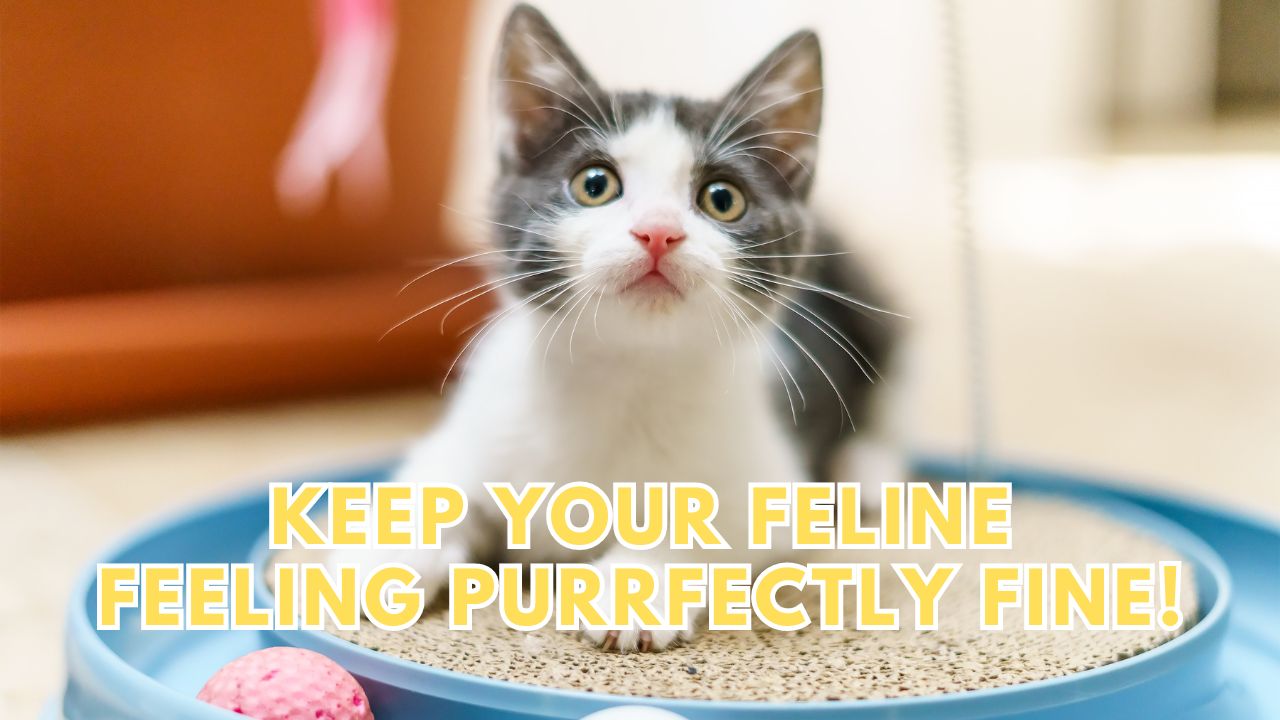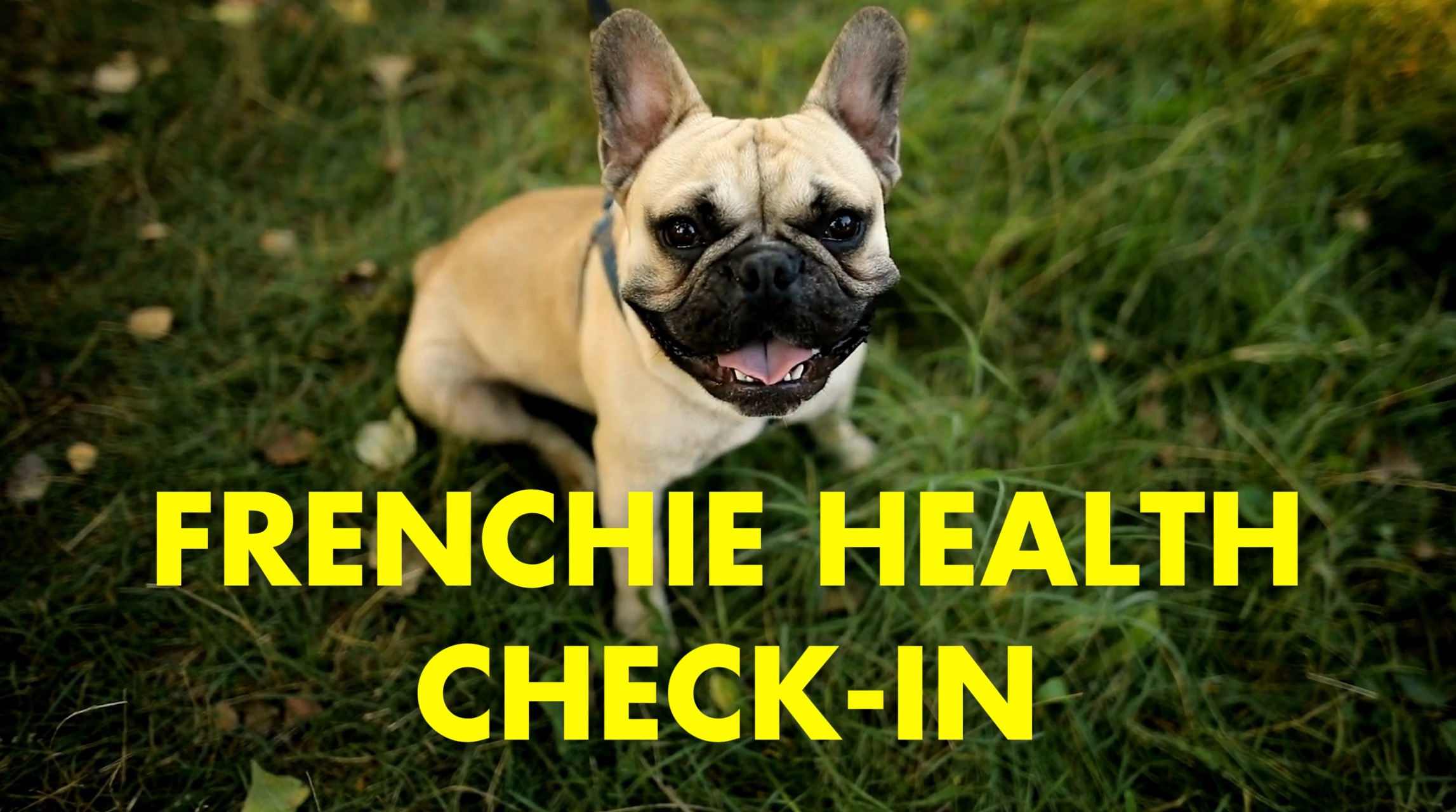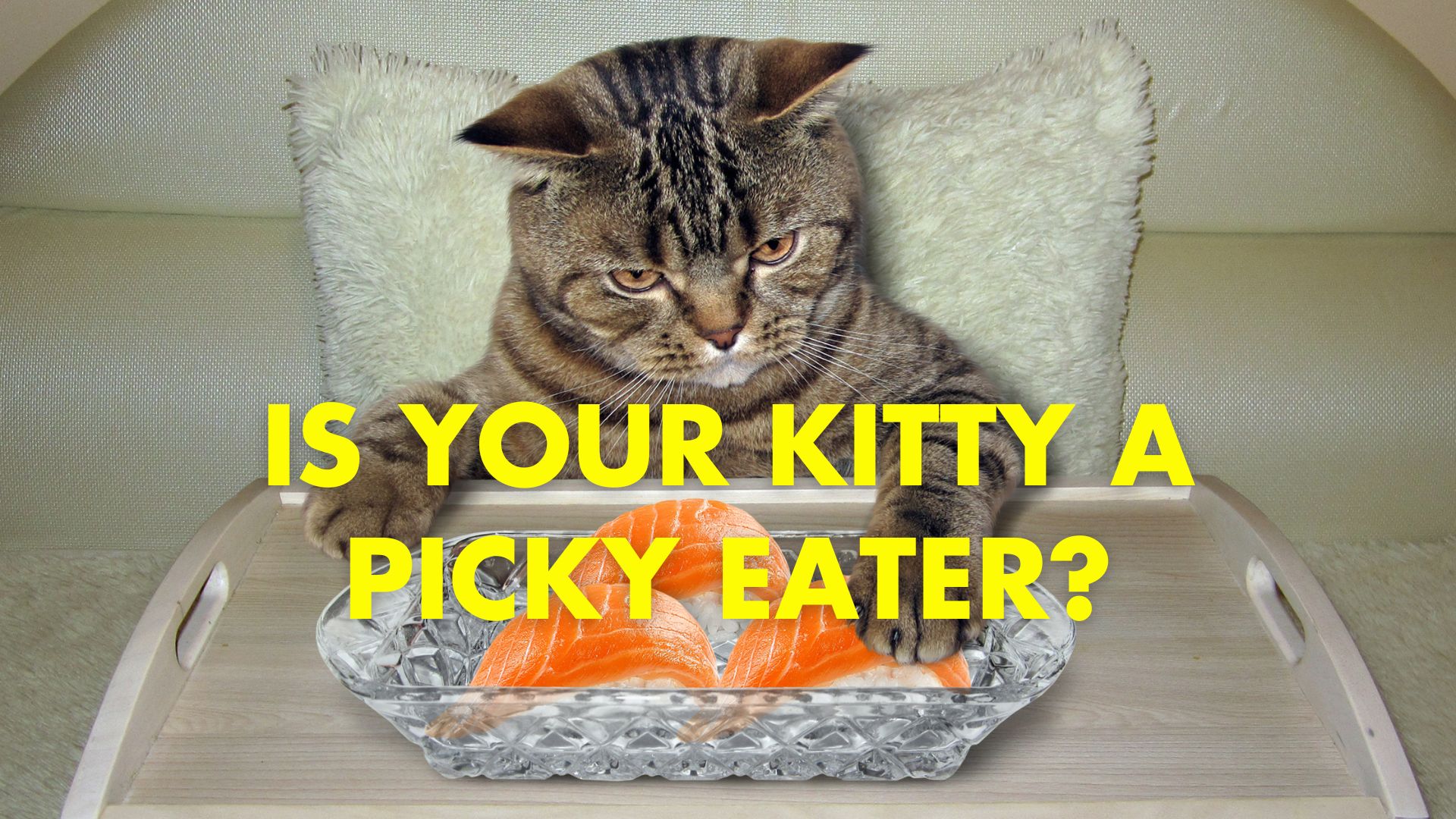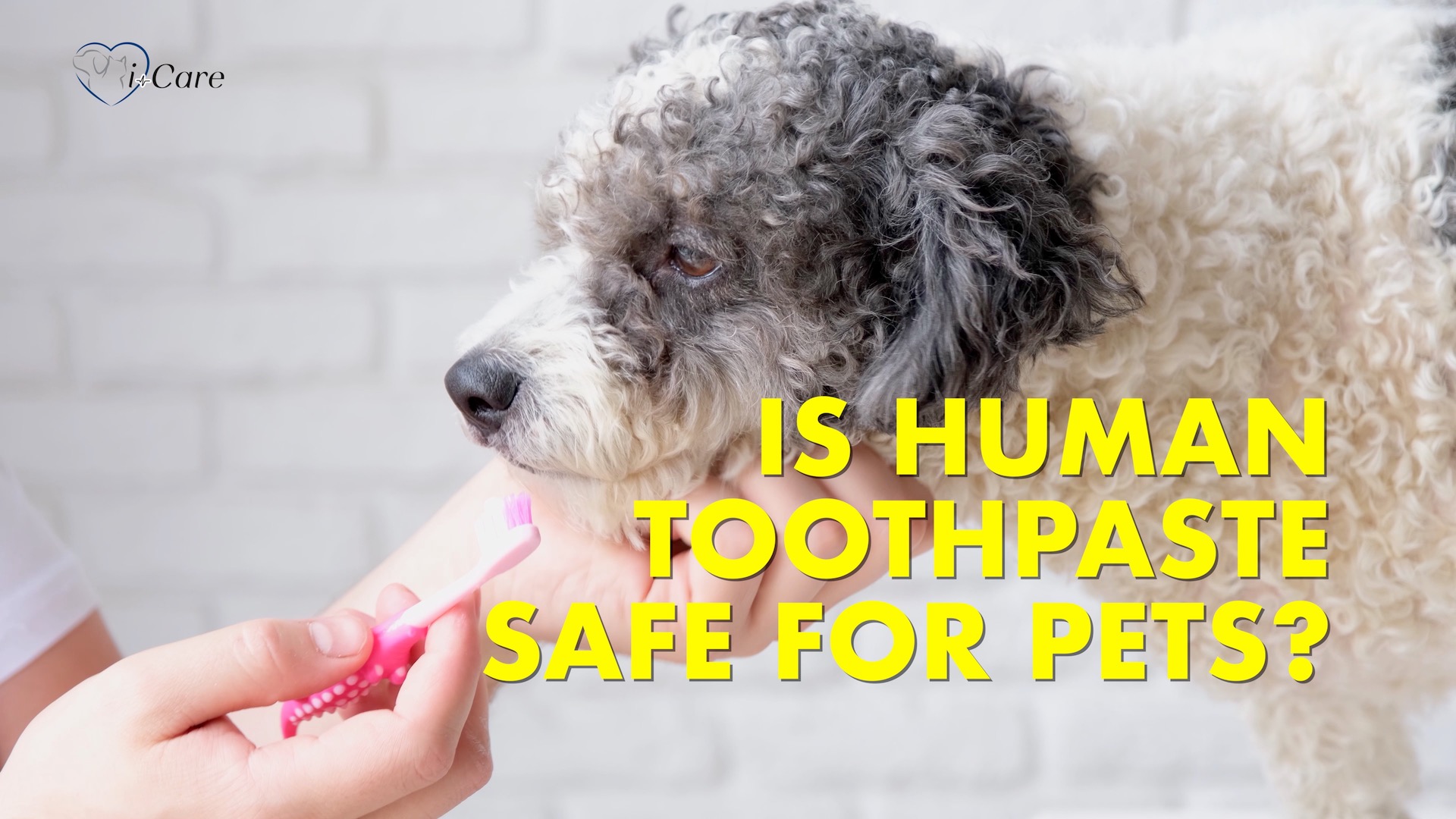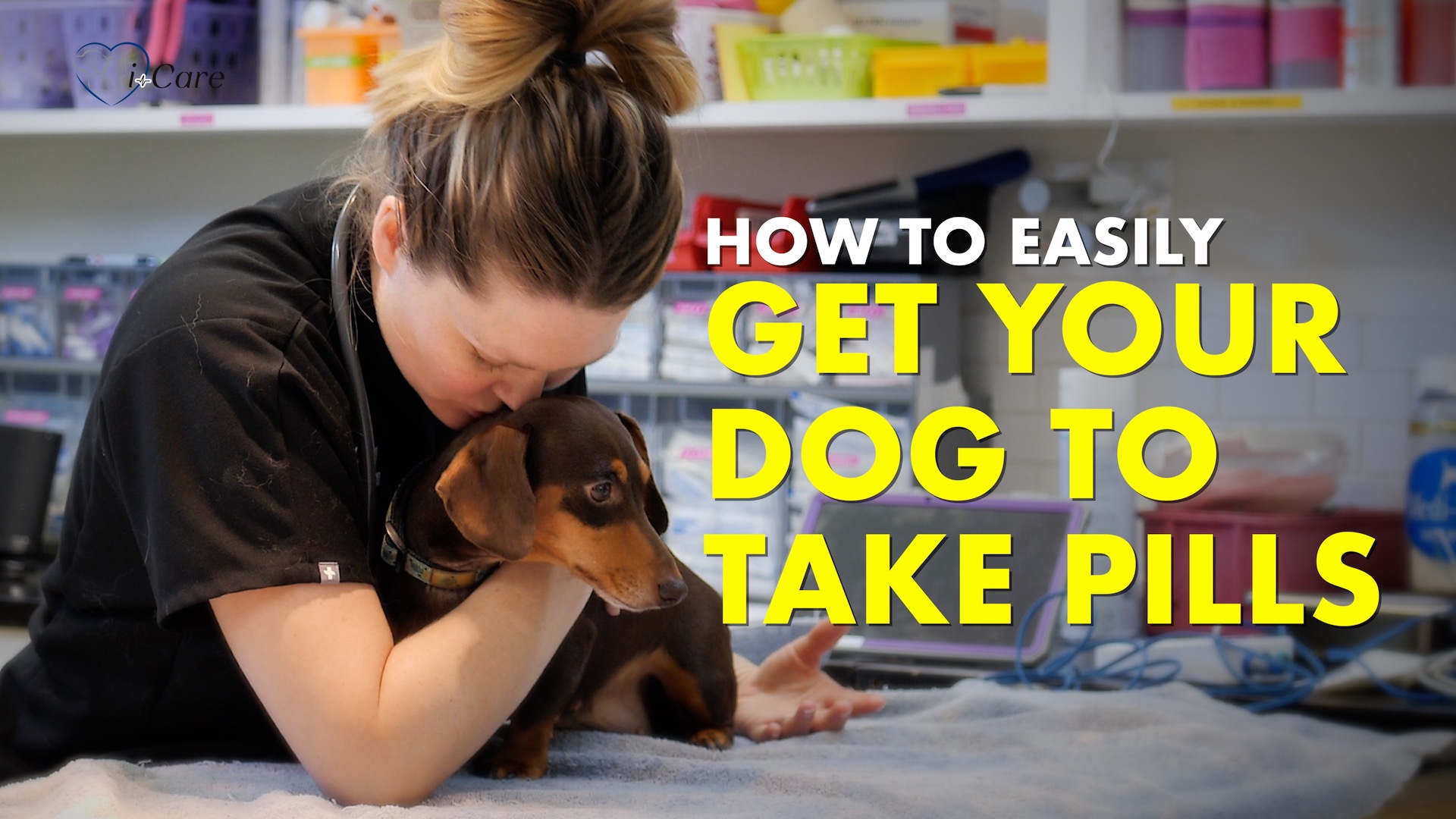02 Oct Paws and Play: A Guide to Keeping Your Kitty Mentally Sharp
Hello, feline enthusiasts! The team at i-Care Veterinary Hospital is dedicated to the well-being of our whiskered friends. Today, we're diving into the captivating world of cat enrichment. Just like us, our kitties need mental stimulation to keep those little brains engaged. Let's explore some paws-itively purrfect tips to keep your furball entertained and mentally sharp. 1. The Puzzle Palace: Transform your home into a puzzle paradise! Invest in interactive toys that dispense treats when your cat figures them out. This engages their natural hunting instincts and rewards their cleverness. Puzzle feeders not only stimulate their minds but also slow down speedy eaters. 2. Windows to the Soul: Cats are curious creatures, and a window seat can be a front-row ticket to the outside world. Set up a cozy perch by a window where your cat can watch birds, leaves rustling, or passersby. It's like kitty TV, providing endless entertainment and mental stimulation. 3. DIY Feline Forts: Get crafty and create a cat-friendly oasis! Cardboard boxes make excellent forts, and you can cut out windows and doors to pique your cat's interest. Throw in some comfy blankets and toys, and watch your kitty's imagination run wild as they explore their new kingdom. 4. Nature-Inspired Toys: Bring the great outdoors inside with nature-inspired toys. Feathers, crinkly leaves, and toys that mimic the movements of small prey can captivate your cat's attention. These toys tap into their instinctual desire to stalk and capture, providing both mental and physical exercise. 5. High-Rise Havens: Cats love to climb and perch on high vantage points. Invest in a cat tree or strategically place shelves and platforms around your home. This not only satisfies their climbing instincts but also gives them a commanding view of their territory. Cats love to be on top of the world! 6. Rotating Toy Selection: Keep things interesting by rotating your cat's toy selection. Introduce new toys periodically to prevent boredom. Cats can quickly lose interest in stagnant surroundings, so spice things up with a variety of toys, textures, and shapes. 7. The Power of Catnip: Catnip can be a magical tool for mental stimulation. Use it in moderation, as not all cats are affected by it, and too much can desensitize them. Sprinkle a pinch on their toys, scratching posts, or in a catnip-filled pillow for a mood-boosting, playful experience. 8. Interactive Playtime: Set aside dedicated playtime for you and your cat. Engage in interactive play using toys like feather wands or laser pointers. This not...

